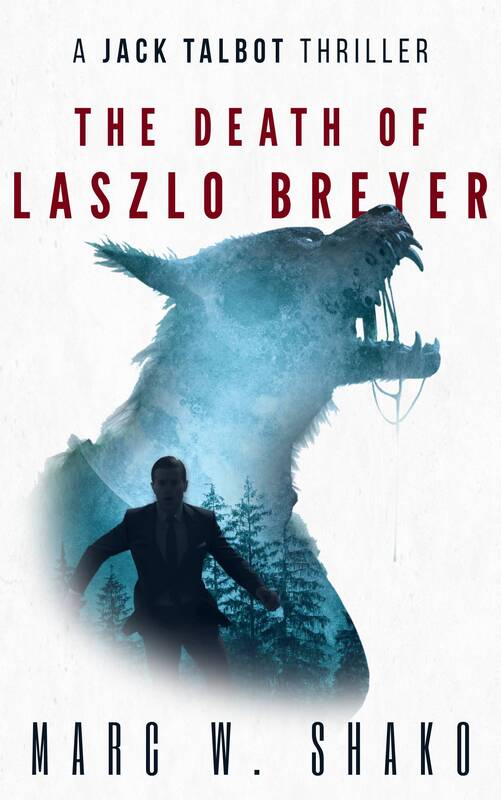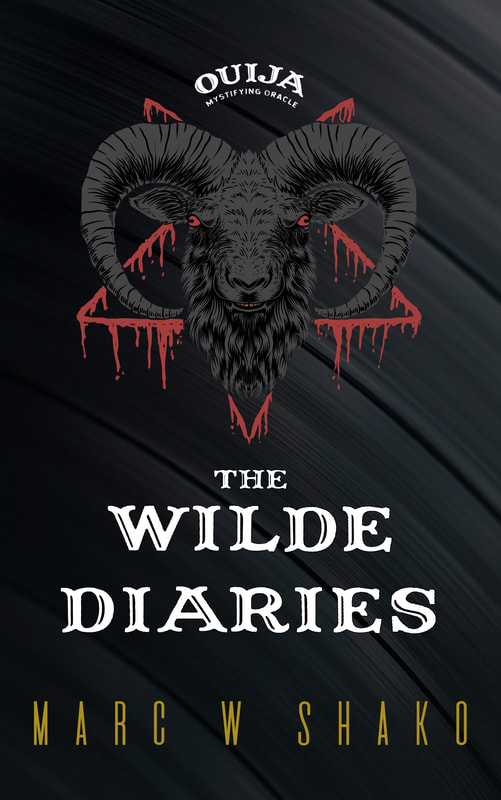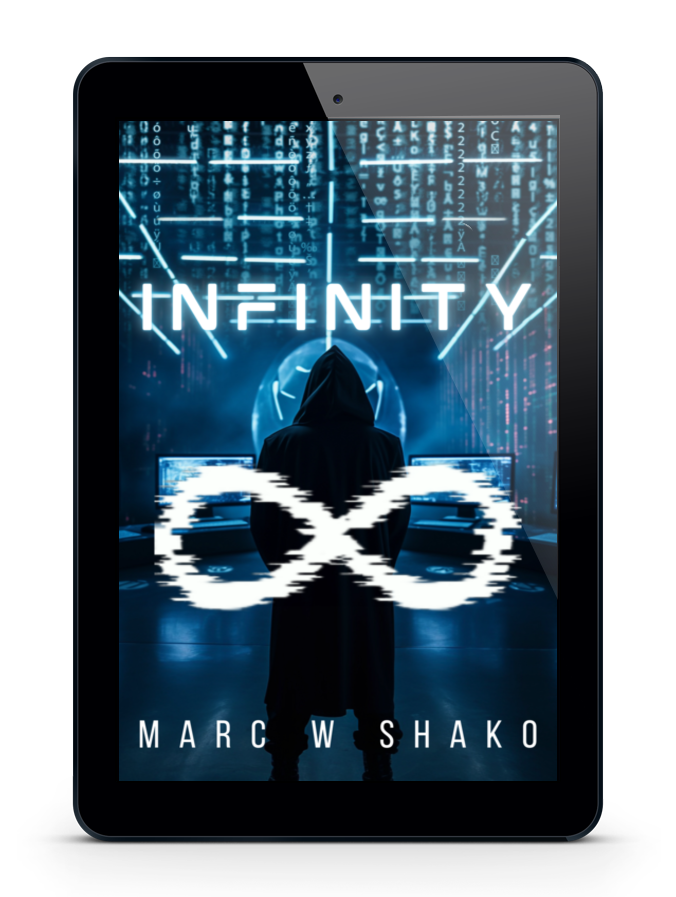|
The Study of Placebos/Noceboes Pla-ce-bo (noun) “A medicine or procedure prescribed for the psychological benefit to the patient rather than for any physiological effect.” The name placebo comes from the Latin ‘I shall please' and placebos have been used in medicine since the early 1800s. Nowadays, placebos are used in clinical drug trials to measure the expectation of efficacy against the actual efficacy of a new drug. The trial uses groups of patients: Group A take the actual medicine; Group B think they are taking the medicine. The subjects are informed of the potential benefits of the drug and in some cases in the placebo group, the mind bridges the gap between the expectation and reality. Only if Group A’s results are significantly better than Group B’s will the drug reach the market. Of course, drugs have side effects. The participants in the study also have to be warned of any potential harm they may face. Can the mind do the same for the side effects as the treatment? In my short story ‘Death Clock’, Daniel Cross says “The mind is a very powerful thing; if you believe something will happen strongly enough, you can work yourself into such a frenzy that the prophesy becomes self-fulfilling.” Guess what: He’s right. (Smart chap, that Daniel Cross.) During drug trials, some patients report suffering from the side effects. Thing is, they’re taking the placebo. This madness is called ‘the Nocebo effect’. Nocebo comes from the Latin ‘I shall harm’, and just like its positive brother, it too can be a potent force. Here's where it gets weird... One story tells of a patient who was suffering from a bout of depression so overwhelming that he decided to take his own life. His preferred method was to take an overdose of his clinical trial medicine. His blood pressure dropped through the floor - then came hyperventilation; generally, things were looking pretty bad. Doctors pumped his stomach and ran a series of blood tests which revealed… absolutely nothing. The patient had ‘overdosed’ on sugar pills. He was informed of this and promptly recovered. But Wait! Could this have killed him? Professor Fabrizio Benedetti at the University of Turin Medical School believes so. During his study of noceboes, he's measured the effects on the human brain and the results are to say the least, surprising. As subjects undergo nocebo suggestions, a chemical reaction is triggered in the hypothalamus, and the pituitary and adrenal glands. For those of us who slept through biology classes, these are the areas of the brain which deal with extreme threats to our body. In short, if the fear and belief you imagined were ‘real’ enough, the resulting hormone stew may be a fatal one. Hopefully now, your Monday morning won't seem that bad. And beware! The next time you complain that your hangover is so spectacular it could kill you… you might be right! ;) UPDATE!!! I wasn't 100% happy with how this post turned out. Find out why here. Thanks for reading! Please remember to Like and Share on social media if you enjoyed this post! Comments are closed.
|
Welcome!
In this blog I'll be bringing to you short tales of things that go bump in the night, true stories of weird and unexplained events, and the real-life news of all things odd and macabre, and entertain you along the way. Categories
All
Archives
October 2023
|





 RSS Feed
RSS Feed
